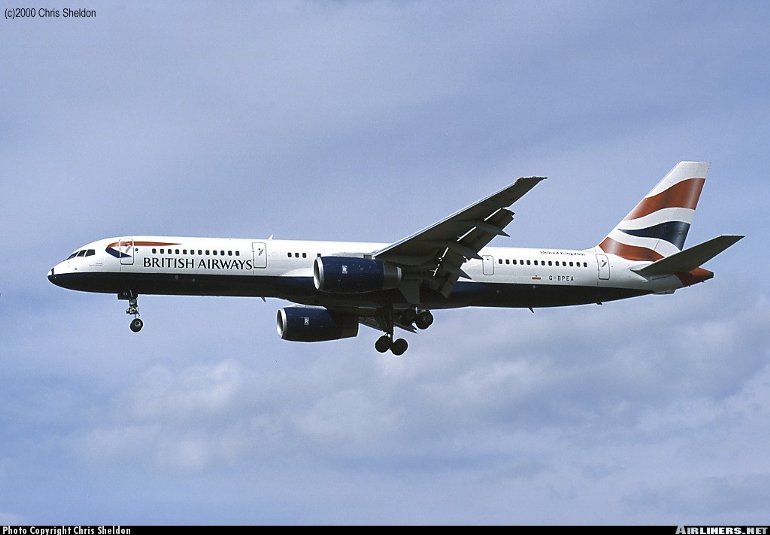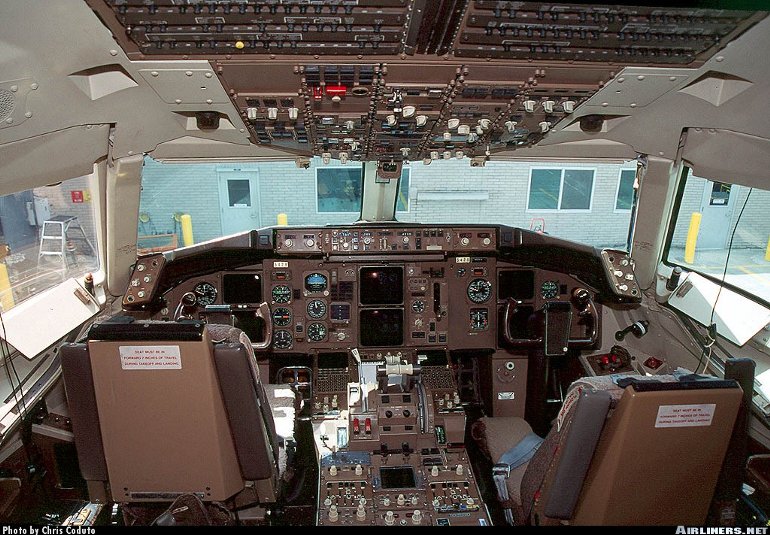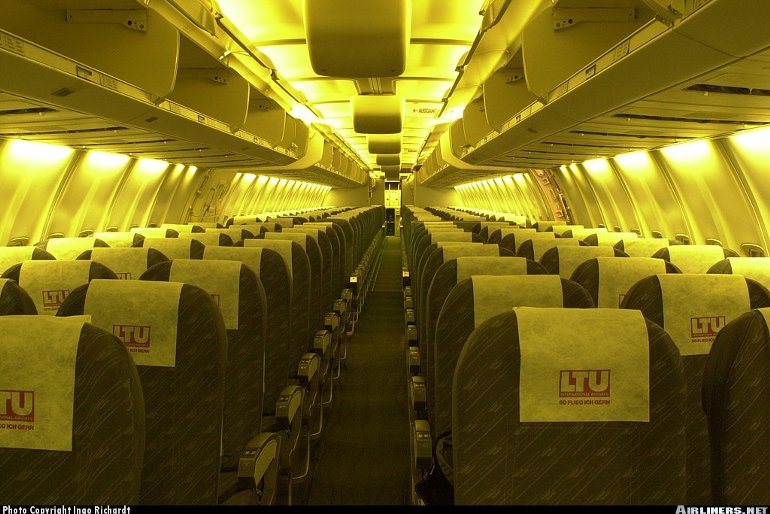Aircraft Technical Data
Boeing 757-200



| Details | |
| Country of Origin | United States of America |
| Type | Medium range narrowbody airliner |
| History | After a slow sales start, the medium range single aisle 757 has become yet another sales success story for Boeing. Boeing considered a number of proposals for a successor to the 727 tri-jet during the 1970s, with many of these designs featuring the nose and T-tail of the earlier jet. It was not until later in that decade however that Boeing settled on a more conventional design featuring the same cross section as the 727 (not to mention the 737, 707 and 720) but with the fuselage considerably longer in length, an all new wing, nose and flightdeck and fuel efficient high bypass turbofan engines. Boeing launched development of the 757 in March 1979 following orders from British Airways and Eastern. Developed in tandem with the larger widebody 767 the two types share a number of systems and technologies, including a common early generation EFIS flightdeck. First flight was on February 19 1982 and the 757 entered service in January the following year. Subsequent versions to appear are the 757-200PF Package Freighter, a pure freighter, and the 757-200M Combi (only one has been built). The standard passenger aircraft is designated the 757-200, there being no -100. The stretched 757-300 is described separately. Initial sales of the 757 were fairly slow, however orders picked up significantly in the mid to late 1980s as traffic on routes previously served by smaller 727s and 737s grew to require the 757's extra capacity. Today 757 sales comfortably exceed those of the 767, a position that was reversed until the late 1980s. |
| Powerplants | Two 166.4kN (37,400lb) RollsRoyce RB211-535C turbofans, or 178.8kN (40,200lb) RB211-535E4s, or 193.5kN (43,500lb) RB211-535E4-Bs, or 162.8kN (36,600lb) Pratt & Whitney PW2037s, or two 178.4kN (40,100lb) PW2040s, or 189.5kN (42,600lb) PW2043s. |
| Performance | Max cruising speed 914km/h (493kt), economical cruising speed 850km/h (460kt). Range with P&W engines and 186 passengers 5053km (2728nm), with RR engines 4758km (2569nm). Range at optional max takeoff weight with P&W engines 7277km (3929nm), with RR engines 6888km (3719nm). 757-200PF - Speeds same. Range with 22,680kg payload and P&W engines 7195km (3885nm), with RR engines 6857km (3700nm). |
| Weights | Operating empty with P&W engines 57,840kg (127,520lb), with RB211s 57,975kg (127,810lb). Basic max takeoff 99,790kg (220,000lb), medium range MTOW 108,860kg (240,000lb), extended range MTOW 115,665kg (255,000lb) or 115,895kg (255,550lb). |
| Dimensions | Wing span 38.05m (124ft 10in), length 47.32m (155ft 3in), height 13.56m (44ft 6in). Wing area 185.3m2 (1994sq ft). |
| Capacity | Flightcrew of two. 757-200 - Typical passenger arrangements vary from 178 two class (16 first & 162 economy), or 202 (12 first & 190 economy) or 208 (12 first and 196 economy) or 214 to 239 in all economy class. 757-200PF - Maximum of 15 standard 2.24 x 2.74m (88 x 108in) freight pallets on main deck. |
| Production | 987 757-200s had been ordered by late 2002, of which over 983 had been delivered. |
| Related Links | Boeing 757-200 |
The backbone of this section is from the The International Directory of Civil Aircraft by Gerard Frawley and used with permission. To get your own copy of the book click here. |
|








